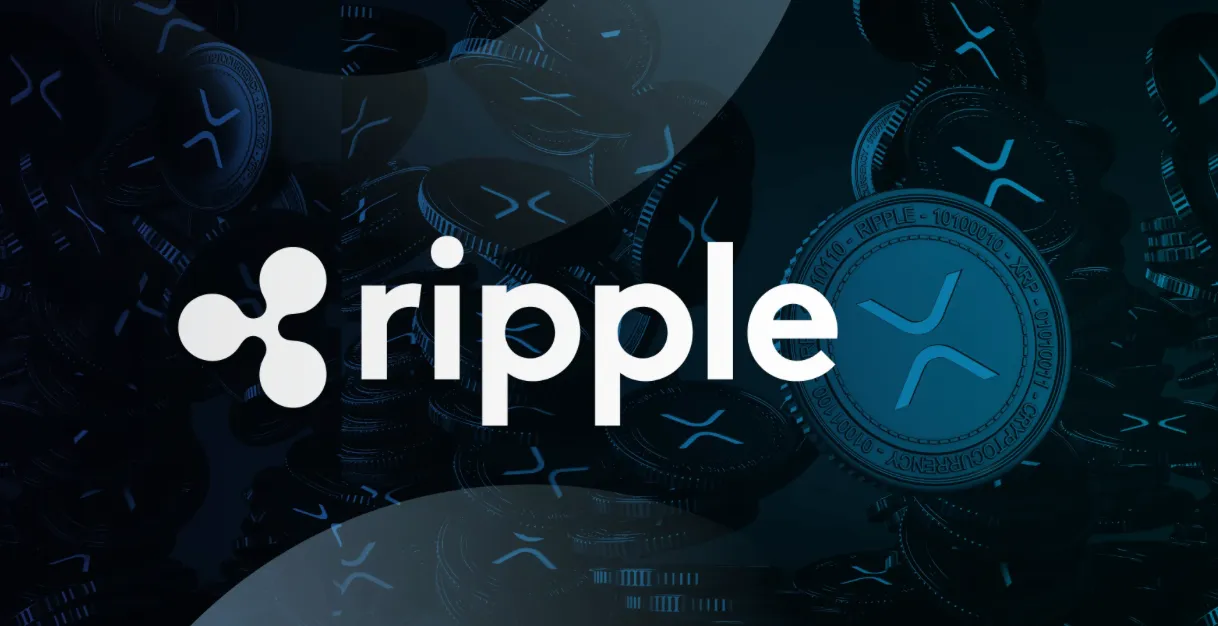Ripple wants to become a bank.
Not a metaphor. A literal federally chartered bank in the U.S.
And they’re not stopping there, they’re also applying for a Fed Master Account.
Why does this matter for crypto? For stablecoins? For anyone building the future of money?
Because Ripple’s move signals the beginning of a deeper fusion between crypto and traditional finance and it’s happening right at the core: the U.S. banking system.
Let’s break this down:
A national banking license gives Ripple regulatory clarity and direct oversight by the OCC, the U.S. Office of the Comptroller of the Currency.
A Fed Master Account gives them access to the Federal Reserve's payment rails, removing third-party friction, enabling 24/7 settlements, and securing RLUSD (Ripple’s stablecoin) reserves directly at the central bank.
This is kind of game changing.
We’re talking about crypto-native firms being able to operate on equal footing with banks.
And they’re doing it now, before the GENIUS Act goes into full force, a new law that may only allow federally chartered institutions to issue dollar-backed stablecoins in the U.S.
Translation: If you want to survive in the new regulatory landscape, you don’t just need tech. You need a charter.
From Luxembourg, we’re watching this closely.
It’s a global shift in the relationship between code and regulation, between innovation and legacy finance.
And it raises a key question for Europe:
Will we keep pushing crypto into regulatory purgatory… while the U.S. gives it a banking license?
We believe in doing better. At OffChain Luxembourg, we’re building local trust through transparent crypto tools like $OCLT and Innopay, but we also know that sensible, enabling regulation is key to scaling innovation.
The real race isn’t tech vs. law.
It’s who builds the next layer of finance on both.
Curious how stablecoins, transparency, and peer-to-peer payments could evolve in Europe?
Let’s talk.
This space is just heating up. 🧡
